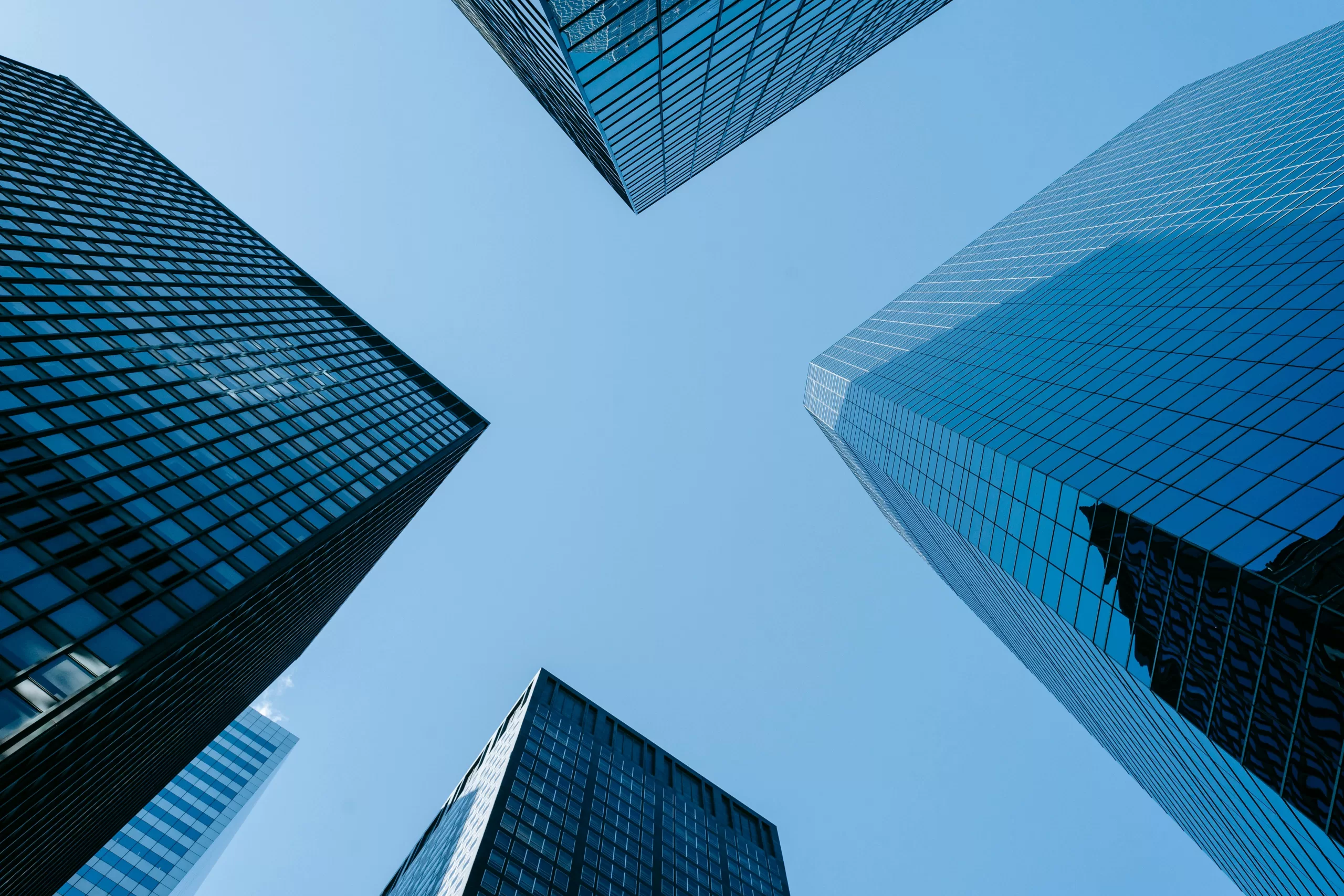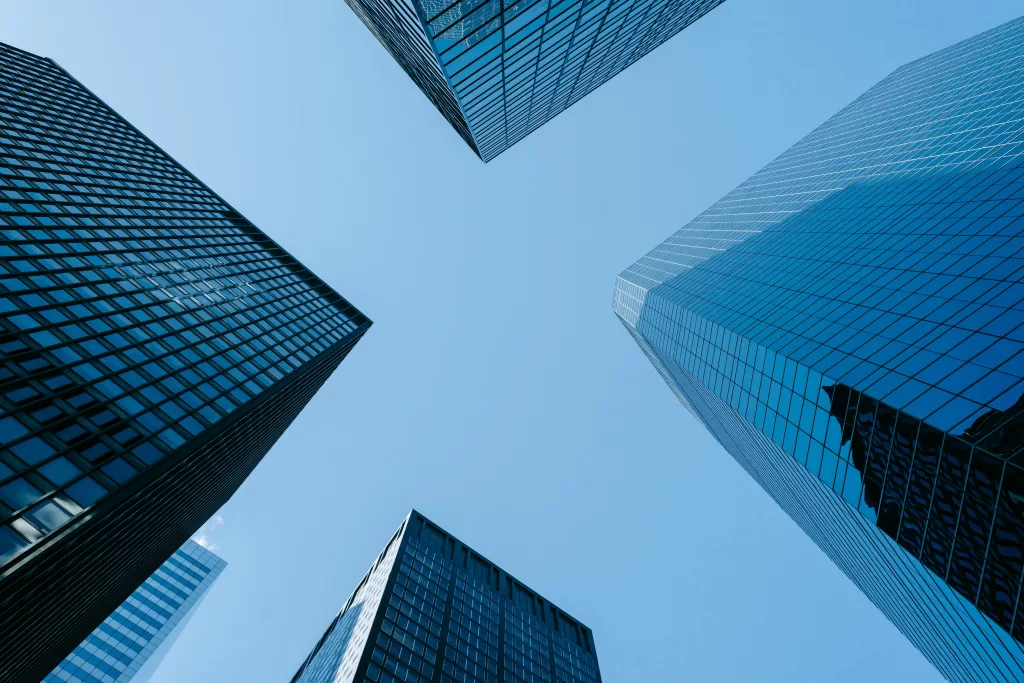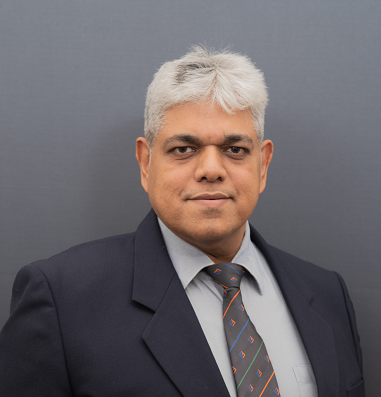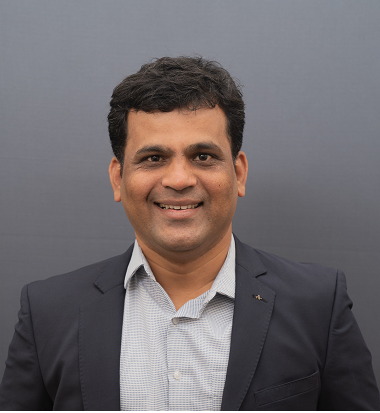
The Role Of Society Redevelopment in Mumbai’s Transformation
Discover the impact of society redevelopment on Mumbai’s transformation. Follow our blog for insights into the key role it plays in shaping the city’s future
The metropolis of Mumbai, often referred to as the financial capital of India, has long been renowned for its soaring skyscrapers and iconic landmarks. With limited land availability and an ever-increasing population, the city is facing a pressing need to optimize its existing urban infrastructure. Ageing buildings, inadequate amenities, poor mechanical, electrical and plumbing (MEP) services, lack of parking and congested neighbourhoods have become key concerns impeding the city’s progress. Housing redevelopment is helping revitalize Mumbai’s skyline as well as playing a pivotal role in addressing the ever-growing urban challenges faced by one of the most densely populated cities in the world.
Many residential buildings in Mumbai were constructed several decades ago and may face issues such as structural deficiencies, outdated amenities, and inadequate maintenance. Redevelopment provides an opportunity to rejuvenate these societies and bring them up to modern standards. By addressing the issues and incorporating modern design elements, housing societies can enhance their living standards, unlock the potential of their properties as well as maximise the Floor Space Index (FSI) available – which is the maximum permitted floor area that can be constructed on a piece of land area.
Typically, buildings which were constructed 30 years ago or more are eligible for redevelopment. It is important for the society of the building to hire an independent and trustworthy project management consultant to help evaluate the potential of the building. This includes understanding the potential FSI of the project based on size of the plot, width of the road, proximity to Metro railway corridors and the like. It is also important to conduct a feasibility study to evaluate the financial implications, legal requirements, and the overall viability of the project.
The most important aspect is partnering with the right developer. A reputed Real Estate developer can provide the right expertise, resources, and vision needed to successfully execute the project. Important points to consider include experience, financial stability, and reputation. Reviewing their portfolio and previous redevelopment projects will help shed light on the quality of construction and adherence to timelines. Transparency and bandwidth is what will ultimately help the residents build trust and confidence in the developer’s commitment to the project. A proactive approach by the company is essential in making the process smooth and helping align all residents on the same page.
Which leads us to the next vital step – the society must obtain consensus from its members through a general body meeting. The real estate developer will present a detailed proposal, addressing concerns, sharing project timelines, financial arrangements, and benefits. A consensus ensures the commitment and participation of all society members in the redevelopment process. When signing, it is important the agreement includes the total constructed area and split of ownership rights between the society and the developer, the rent or accommodation provision for the society members during the process, any financial compensation – be it direct or through a contribution to the sinking fund, timelines, maintenance responsibilities and costs, and the quality and finish of the building.
Looking ahead, the Mumbai redevelopment real estate story holds immense promise. Affluent neighbourhoods in Bandra such as Pali Hill and Carter Road are turning to redevelopment to benefit from both the lucrative angle as well as the lifestyle aspect of this option. Another key area with immense potential is South Mumbai ranging from Malabar Hill and Walkeshwar to Altamount Road. Residents typically negotiate a 25 to 45% increase in carpet area for themselves, and average gain tends to be 35%. For the city, these projects have generated employment opportunities as well as creating upgraded and vibrant neighbourhoods. As Mumbai gears up to embrace its futuristic vision, these redevelopment projects will play a crucial role in shaping the city’s landscape for generations to come.
For further details on our latest real estate development projects, click here.





















